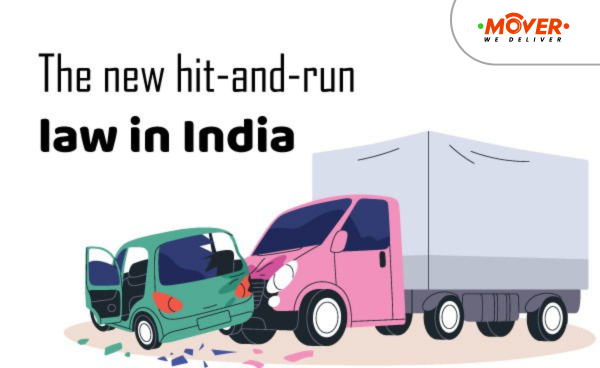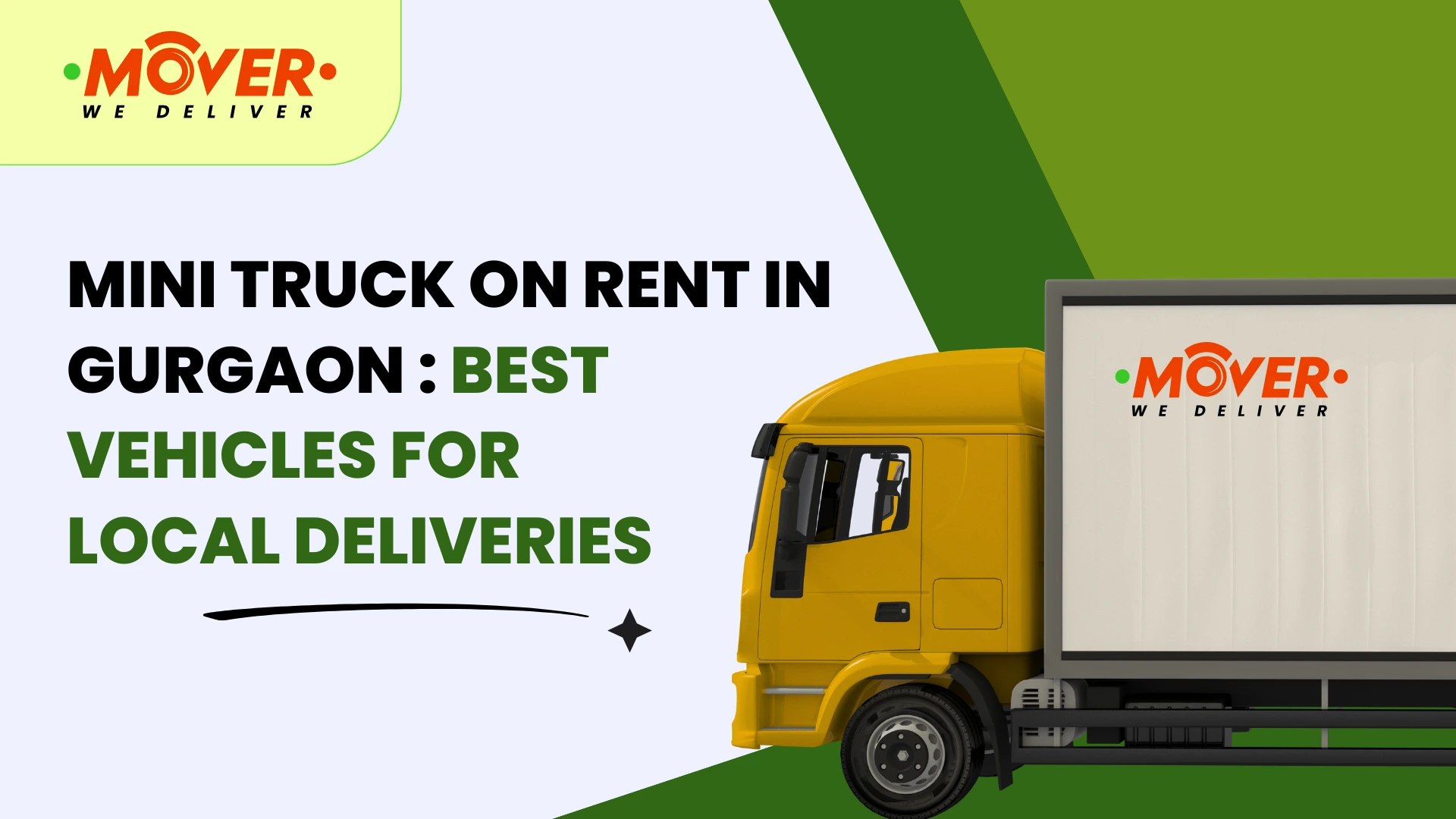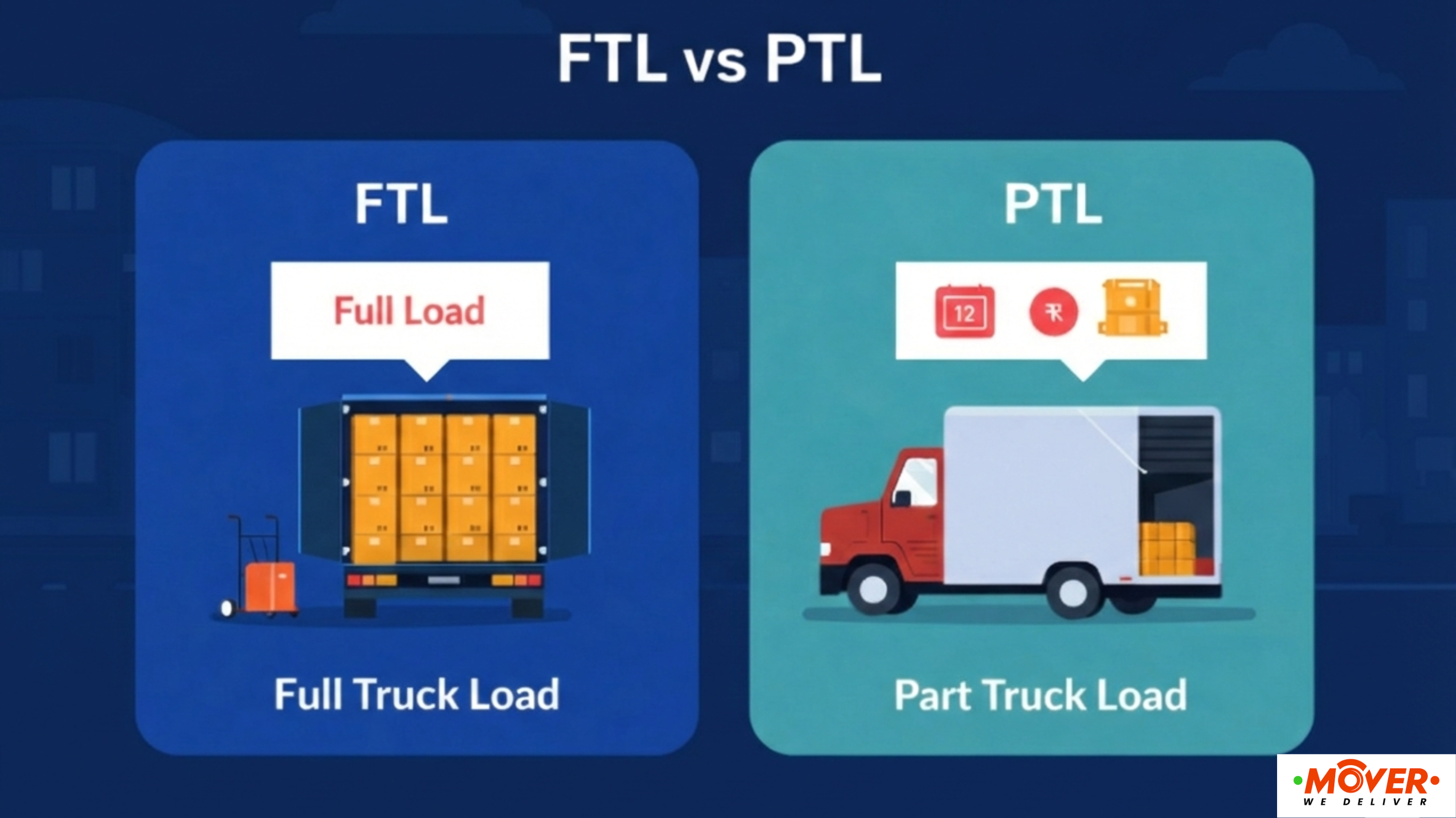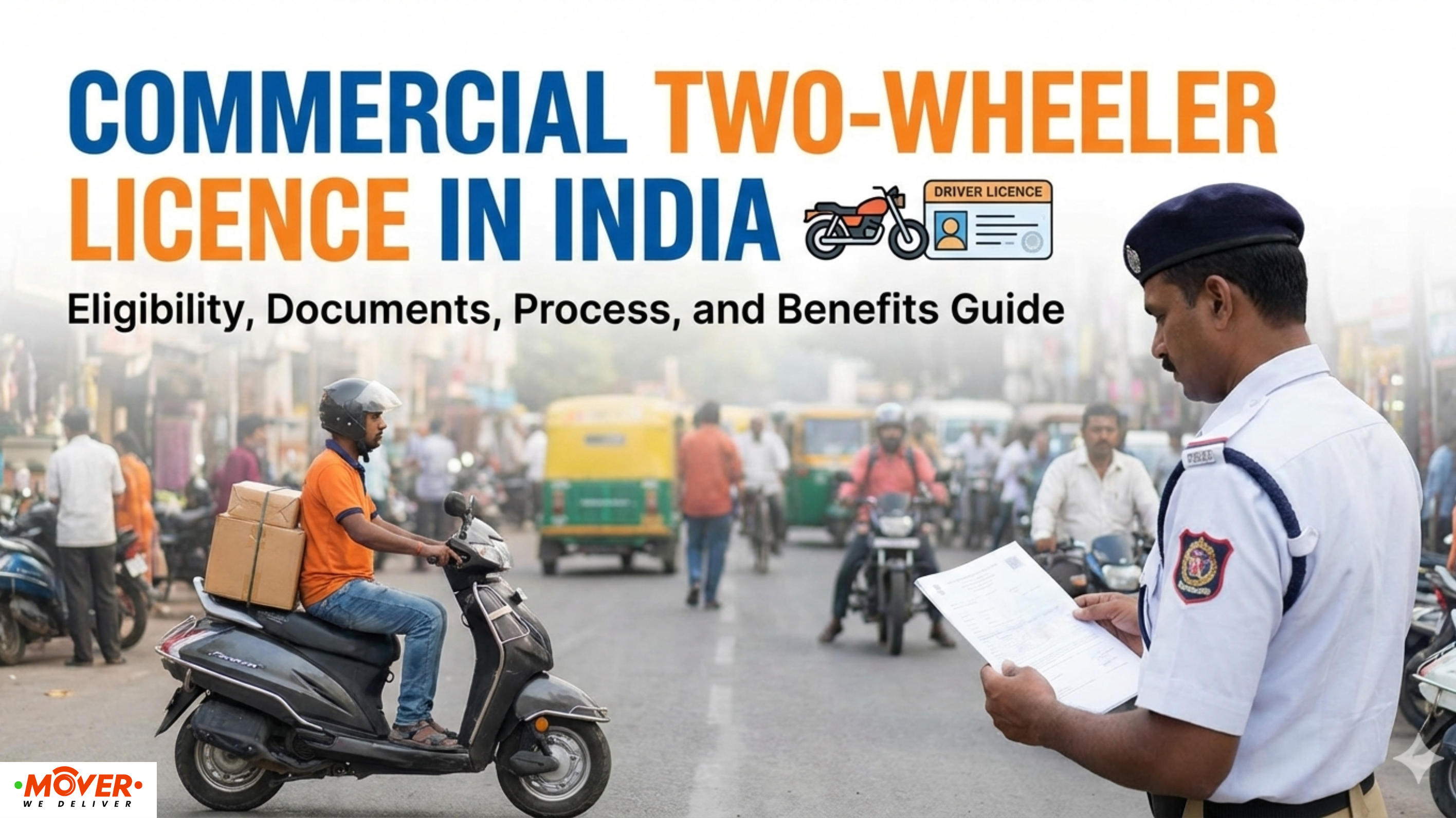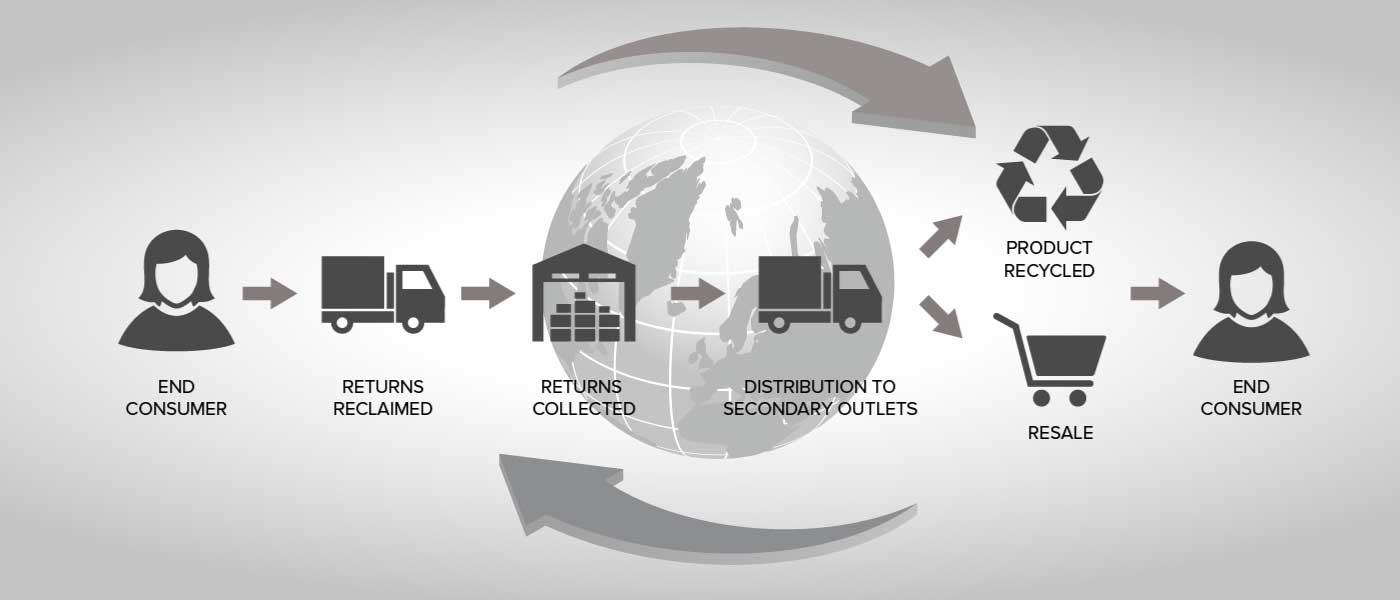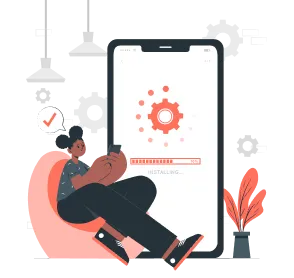On a quiet highway at midnight, a two-second decision can change your life. You hit the brakes too late. A cyclist appears out of nowhere. Panic. The next few seconds determine everything: your freedom, your finances, your future.
It’s not just a hypothetical. It’s happening. And if you're a driver in India - especially one earning through platforms like MOVER - you need to know what the new hit-and-run law says, what it doesn’t say, and what it means for your everyday life.
Why This Law Is Making Headlines
You might’ve seen the viral headlines or WhatsApp forwards. “₹7 lakh fine for fleeing an accident!” or “Drivers to get 10 years jail for hit-and-run.” But let’s unpack that.
The Indian Penal Code (IPC) has been replaced by the Bharatiya Nyaya Sanhita (BNS). Under this, Section 106(2) include a new clause that has stirred both fear and confusion:
“Whoever causes the death of any person by rash and negligent driving and escapes without reporting the incident to authorities shall be punished with imprisonment of up to 10 years and a fine of up to ₹7 lakh.”
This is what’s now being called the new hit-and-run law, effective 2025.
Sounds harsh? It is. But the intent is clear: accountability.
Here’s what you need to understand: this law targets those who flee the scene after causing death. It doesn’t apply to every accident or every driver, but if you ever find yourself in such a situation - knowing how to respond might be the only thing that keeps you out of jail.
So, What Does the New Hit-and-Run Law Actually Say?
The most important part? This law applies only when two conditions which are given below are met:
-
You have caused death due to rash or negligent driving, and
-
You have left the scene without informing the police or the emergency services.
This means, if you’re involved in a serious accident but stay at the spot, call an ambulance, inform the authorities, and cooperate - you’re not guilty under this provision. You may still face charges of rash driving, but not the hit-and-run penalty.
Why is this distinction important? Because a lot of panic is being caused by incomplete headlines.
It’s also worth noting that the penalties under this law are non-bailable, which means you won’t get automatic bail. The police can take you into custody immediately.
This is where driver education becomes essential. Whether you’re a seasoned trucker, a bike delivery rider, or a rideshare driver - understanding your rights and duties isn’t optional anymore. It’s survival.
Why Drivers Are Worried (And What’s Justified)
In transport yards, dhabas, and WhatsApp groups for fleet owners, the fear is circulating:
Bhai, ek baar accident ho gaya toh seedha 10 saal andar?
This fear isn’t entirely misplaced. The hit-and-run law is strict - but it’s not unfair. It’s designed to reduce the number of people who flee the scene after causing damage or injury.
But here’s where the nuance comes in:
-
If you stay at the scene and call for help, the punishment does not apply.
-
If you follow protocol - report to the police, assist the injured - your cooperation is legally in your favor.
So, the law is not anti-driver. It’s anti-escape.
And if you're a MOVER driver, a gig worker, or even an owner-driver running your own schedule, this is a moment to pause and learn.
A Hypothetical Scenario (That’s More Real Than You Think)
Ravi, a 28-year-old tempo driver in Indore, had just finished a long shift. While trying to overtake a slow-moving vehicle on a dark stretch, he accidentally struck a pedestrian who had suddenly crossed the road. The man was seriously injured.
Scared. Shaking. Ravi drove off.
He didn’t report it. He thought he could get away.
But traffic cameras caught everything. Within 24 hours, the police traced the vehicle. The victim died in the hospital. Ravi was booked under the new hit-and-run law.
He had no prior record. No intention to harm. But under the 2025 provisions, intent doesn’t matter. The act of fleeing does.
The result? Ravi was denied bail, detained for weeks, and his family had to sell their land to pay legal fees. His wife and daughter were left with no income. His commercial license was suspended. The local transport association blacklisted him.
This story isn’t meant to scare you - it’s meant to wake you up. You might think, “I’d never run away,” but panic can cloud judgment. And in the new legal landscape, you don’t get a second chance.
So what should Ravi have done instead?
-
Stopped the vehicle immediately.
-
Called emergency services (dial 112 or 108).
-
Stayed until help arrived.
-
Cooperated with the police.
Would it have been stressful? Absolutely. But it would have saved his freedom, his family, and his future.
Checklist: What to Do If You’re Involved in an Accident (2025 Version)
Here’s a step-by-step breakdown that every delivery, transport, or gig driver should print and keep in the glove box:
-
Stop immediately. Don’t panic, don’t flee.
-
Check for injuries. If someone’s hurt, your first job is to assist - not argue.
-
Call emergency services. Dial 112. Mention the location and type of accident.
-
Inform your company or the fleet manager. Whether you're with MOVER or another platform.
-
Wait for police assistance. Cooperate. Share your ID, RC, and license.
-
Document the scene. Take photos or videos (only if it’s safe to do so).
-
Avoid confrontations. Stay calm, don’t get into heated debates.
-
Get a medical checkup. For yourself, especially if the impact was high.
-
File an official report. Either on the spot or at the nearest station.
What This Means for You (Whether You're a MOVER Driver or Not)
Let’s get real - if you're earning through driving, whether it’s delivering goods via the MOVER delivery partner app, driving a taxi, or running your own logistics operation, this law affects you more than it affects anyone else.
Because you’re on the road for hours. Because your income depends on your license. Because your job makes you vulnerable to accidents, even when you drive carefully.
And here's what makes it more complex:
-
You might be working under pressure, trying to meet delivery deadlines.
-
You may be unaware of local rules in cities you drive through.
-
You may panic in an unfamiliar area, especially if a crowd starts gathering.
But none of these will matter in court.
Globally, laws on hit-and-run incidents are evolving too. In the UK and the US, leaving the scene of a fatal accident generally leads to an automatic imprisonment. It doesn't matter whether the driver was at fault or not. India’s law is now moving in the same direction - prioritizing accountability over circumstance.
As a gig worker or fleet driver, this means you need protocols.
MOVER, for instance, is working on updated driver education modules, helping its partners understand the new law, how to report incidents properly, and how to protect themselves legally. They’re even exploring partnerships for legal helpline services that drivers can call in real-time.
You’re not alone in this. But you need to act informed. Being proactive is no longer optional - it’s protection.
The Law Is Frozen - But Responsibility Isn’t
As of now, the new hit-and-run law is on hold. After protests from truckers and logistics workers across India, the government has temporarily paused its implementation to reassess the penalties and engage in further consultation. So if you're worried about immediate legal consequences - don’t worry you're safe, at least for now.
But that doesn't mean you should let your guard down. Just because the law is frozen doesn't mean accountability is. Accidents still lead to FIRs, viral videos, and emotional trauma - even without new rules. So whether you're a MOVER driver or not, now is the time to stay alert, drive responsibly, and treat every journey like someone's life depends on it - because it might.
Final Take: Awareness is Your Shield
The new hit-and-run law in 2025 might sound harsh at first. But to be honest it’s rooted in something we often forget in daily hustle, which is human life.
When you're on the road, you're not just navigating traffic or chasing incentives. You're in a space where one second of carelessness can change two lives - yours and someone else's.
This blog isn’t here to scare you. It’s here to inform you - to turn you from a passive reader into a prepared driver.
Because laws change. But awareness? That’s your real insurance.
Drive safe. Stay aware. And remember - doing the right thing isn't just morally sound anymore. It's legally smart.
Also Read: Be Your Own Boss in 2025: How 91Trucks and MOVER Can Help You Earn Money
